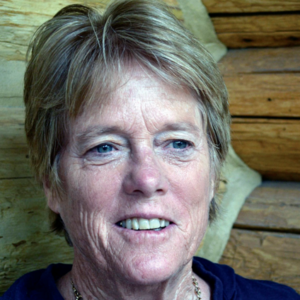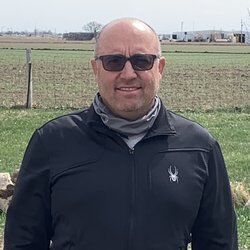NOONAN | New law, new members, same old standoff confront oil & gas commision


The interim Colorado Oil and Gas Conservation Commission got an earful this week during its meeting on developing rules for oil and gas permitting based on SB19-181, Protect Public Welfare Oil and Gas Drilling.
The bill, signed by Gov. Jared Polis April 16, puts Coloradans’ health and safety ahead of oil and gas development in priority for commission decision-making related to new drilling.
The interim commission meets appointment criteria established in the bill. The governor re-appointed two commissioners from the previous board, Erin Overturf, an environmental representative, and Howard Boigon, an oil and gas attorney. Brenda Haun represents ag and royalty members, John Messner represents local government as a county commissioner from Gunnison, Liane Jollon represents public health interests, Mark Hopkins provides technical expertise, and Pam Eaton provides wildlife protection.
Dan Gibbs, executive director of the Department of Natural Resources and a former state legislator and county commissioner, is ex-officio along with Jill Hunsaker Ryan, executive director of the Department of Public Health and Environment.
These individuals have some tough decisions to re-boot oil and gas regulations based on the priorities of SB-181. The commission faces over 6,000 drilling applications submitted before the law was passed. Some oil and gas opponents believe these applications will circumvent new regulations. The current commissioner, Jeff Robbins, has authority in the law to grant permits while new regulations are developed. He has submitted his criteria for permits requiring extra review, which some environmentalists believe are insufficient.
Others state that no permits should be granted until new rules based on the public’s health and safety are promulgated. That position is compromised by bill sponsors who argued that the legislation does not require a moratorium on oil and gas drilling.
As one criterion, Robbins will use a 1,500 foot setback between residences and drilling as a minimum distance. Colorado Rising that supported the 2,500 foot setback in the 2018 election and other groups state that 1,500 feet are insufficient. Be the Change, along with Colorado Rising, argues that explosions with severe fires result in a one mile radius of danger from the burning wells. A cumulative report on drilling in Los Angeles, with many decades of oil and gas development even in Beverly Hills, states that health issues including sinus problems, nose bleeds, severe headaches, eye irritation, chronic coughing, joint pain, skin conditions and low birth weights are more prevalent with oil and gas operations at 1,500 feet or less.
Other criteria set by Robbins involve distance between people and activities that may result in accidents or involve activities such as flaring, stray gas, well plugging, road building, and storage of hydrocarbon or liquid in excess of 5,200 barrels. When permit applications impinge on these criteria, they will be subject to additional scrutiny.
Matt Dempsey of FTI Consulting that represents oil and gas interests in Denver points out that a 2017 report put forward by the Colorado Department of Public Health and Environment (CDPHE) stated that drilling in Colorado is safe. The report found that risks of cancer are within the “acceptable” range and available air monitoring data “suggest low risk of harmful effects.” The report also stated that benzene, formaldehyde, and acetaldehyde exposure deserve further study, though the analysis indicated that their effects were within the acceptable range. Still, the report’s findings are not conclusive as CDPHE recommends further monitoring to determine effects on people living close to drilling activity.
Dempsey noted that air pollution in the Front Range derives from a variety of sources, not just oil and gas drilling. Car emissions, industrial activity, and ambient pollution contribute to Colorado’s brown cloud and ozone hazard. The governor’s increased attention on transportation alternatives may reduce pollution, and the energy industry continues to address hazards as the Environmental Protecting Agency puts out more strict requirements.
It’s a lack of definitive science and the complicated interaction of many sources of environmental pollution that frustrates people living near drilling. Their worries concern their family’s health and safety and the industrial impact of energy development so close to suburban neighborhoods.
These citizens are looking to the COGCC to give them some relief. The oil and gas industry wants to drill. It’s going to be very difficult for the commission to thread that needle.
Paula Noonan owns Colorado Capitol Watch, the state’s premier legislature tracking platform.












